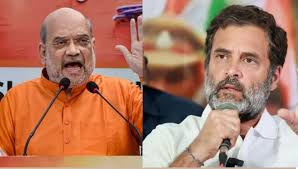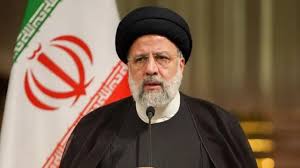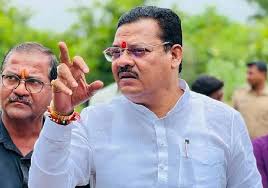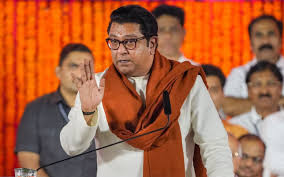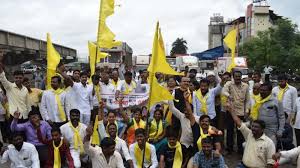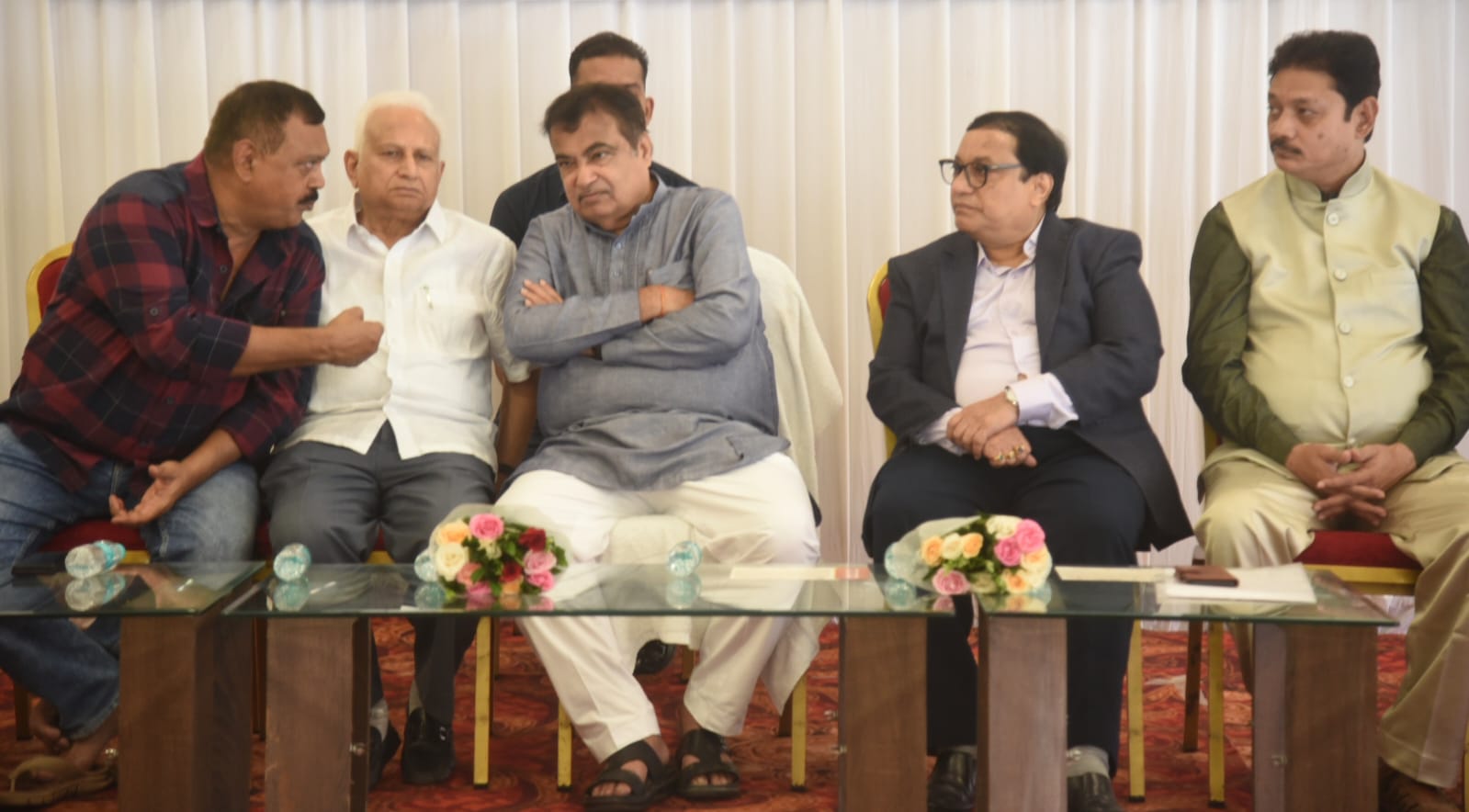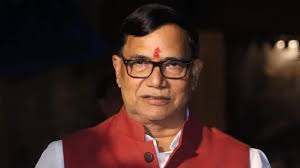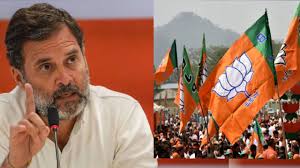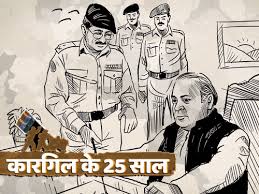
Pakistan Army's first public confession, said after 25 years - had a direct role in Kargil attack
Islamabad: The first confession of its kind has come from the General Headquarters (GHQ) of the Pakistan Army in Rawalpindi, Pakistan. Chief of Army Staff (COAS) General Syed Asim Munir has admitted the direct role of the Pakistani Army in the 1999 Kargil war against India. Munir mentioned the three wars with India as well as Kargil in his Defense Day speech on Friday. He paid tribute to the "martyred" soldiers of the Pakistani armed forces.
He told the people present at the GHQ that, "Certainly the Pakistani nation is a powerful and brave nation, which understands the value of freedom and knows how to maintain it. 1948, 1965, 1971, the Kargil war between Pakistan and India or the war in Siachen, thousands of people sacrificed their lives and became martyrs for the security of the country." Munir's statement is being considered as the first-of-its-kind confession by a sitting army chief on the direct role of Pakistan Army in the Kargil war, a stance that Islamabad has been avoiding for the past 25 years.
Pak had been denying its role in Kargil
So far Pakistan had been denying its involvement in the 1999 war and claiming that it was an action carried out by "freedom fighters" from Kashmir. Former army chief General Pervez Musharraf always claimed that the Kargil operation was a successful local action.
During an interview, Musharraf had said that the then Prime Minister Nawaz Sharif was not taken into confidence and many decisions taken by the armed forces on the Line of Control (LoC) with India did not require the approval of the army chief. However, Musharraf had acknowledged the role of the Pakistan Army's 10 Corps FCNA (Force Command Northern Areas) in the entire operation.
Musharraf had said, "Initially there were Mujahideen activities in this area. Later the FCNA decided to deploy in the 150 mile empty area of ??the LoC. There is no need to take approval or permission from anyone for this."
Nawaz Sharif was given formal information later
Mushahid Hussain Syed, who was the Information Secretary under Prime Minister Nawaz Sharif in 1999, also said that his government was informed about the Kargil operation through official communication by the then Director General Military Operations (DGMO).
Syed had said in an interview, "When Kargil happened, Prime Minister Nawaz Sharif was given formal information and briefing by DGMO on 17 May 1999. Even before that, voices had started coming from India and it was felt that something was happening on the Line of Control."
Experts believe that the Kargil operation proved to be a success story for some and a big mistake and blunder for many others. They believe that Musharraf's claim of the involvement of the FCNA, which is part of the Pakistan Army's 10 Corps and manages Kashmir and the country's northern areas, is a big enough admission to confirm the fact, which has been reiterated by the current Pakistan Army chief.
Pakistan Army did not retrieve the bodies of many of its soldiers
It is also a fact that the bodies of many Pakistan Army soldiers were not retrieved from Kargil. This led to their families raising questions over the reluctance of the Pakistan government and army to retrieve the bodies.
Itrat Abbas, brother of Captain Farhat Haseeb, an army officer killed in Kargil, said, "We kept asking the officers who visited us to try and bring back the bodies of our loved ones. I believe they should have tried harder, but they did not." He confirmed that Pakistan Army officers and soldiers were deployed in Kargil.
Pervez Musharraf did not take responsibility for the operation
Late Captain Ammar Hussain's mother Rehana Mehboob admitted that she kept getting calls from the army unit and her son's friends during the Kargil war. She said that the then Army Chief Pervez Musharraf did not take responsibility for this operation either.
The above statements given by the families, the then Pakistani government officials and the then Army Chief are enough evidence to show that even though the then Prime Minister Sharif was kept in the dark, the Army command was fully aware of the Kargil operation.
Islamabad: The first confession of its kind has come from the General Headquarters (GHQ) of the Pakistan Army in Rawalpindi, Pakistan. Chief of Army Staff (COAS) General Syed Asim Munir has admitted the direct role of the Pakistani Army in the 1999 Kargil war against India. Munir mentioned the three wars with India as well as Kargil in his Defense Day speech on Friday. He paid tribute to the "martyred" soldiers of the Pakistani armed forces.
He told the people present at the GHQ that, "Certainly the Pakistani nation is a powerful and brave nation, which understands the value of freedom and knows how to maintain it. 1948, 1965, 1971, the Kargil war between Pakistan and India or the war in Siachen, thousands of people sacrificed their lives and became martyrs for the security of the country." Munir's statement is being considered as the first-of-its-kind confession by a sitting army chief on the direct role of Pakistan Army in the Kargil war, a stance that Islamabad has been avoiding for the past 25 years.
Pak had been denying its role in Kargil
So far Pakistan had been denying its involvement in the 1999 war and claiming that it was an action carried out by "freedom fighters" from Kashmir. Former army chief General Pervez Musharraf always claimed that the Kargil operation was a successful local action.
During an interview, Musharraf had said that the then Prime Minister Nawaz Sharif was not taken into confidence and many decisions taken by the armed forces on the Line of Control (LoC) with India did not require the approval of the army chief. However, Musharraf had acknowledged the role of the Pakistan Army's 10 Corps FCNA (Force Command Northern Areas) in the entire operation.
Musharraf had said, "Initially there were Mujahideen activities in this area. Later the FCNA decided to deploy in the 150 mile empty area of ??the LoC. There is no need to take approval or permission from anyone for this."
Nawaz Sharif was given formal information later
Mushahid Hussain Syed, who was the Information Secretary under Prime Minister Nawaz Sharif in 1999, also said that his government was informed about the Kargil operation through official communication by the then Director General Military Operations (DGMO).
Syed had said in an interview, "When Kargil happened, Prime Minister Nawaz Sharif was given formal information and briefing by DGMO on 17 May 1999. Even before that, voices had started coming from India and it was felt that something was happening on the Line of Control."
Experts believe that the Kargil operation proved to be a success story for some and a big mistake and blunder for many others. They believe that Musharraf's claim of the involvement of the FCNA, which is part of the Pakistan Army's 10 Corps and manages Kashmir and the country's northern areas, is a big enough admission to confirm the fact, which has been reiterated by the current Pakistan Army chief.
Pakistan Army did not retrieve the bodies of many of its soldiers
It is also a fact that the bodies of many Pakistan Army soldiers were not retrieved from Kargil. This led to their families raising questions over the reluctance of the Pakistan government and army to retrieve the bodies.
Itrat Abbas, brother of Captain Farhat Haseeb, an army officer killed in Kargil, said, "We kept asking the officers who visited us to try and bring back the bodies of our loved ones. I believe they should have tried harder, but they did not." He confirmed that Pakistan Army officers and soldiers were deployed in Kargil.
Pervez Musharraf did not take responsibility for the operation
Late Captain Ammar Hussain's mother Rehana Mehboob admitted that she kept getting calls from the army unit and her son's friends during the Kargil war. She said that the then Army Chief Pervez Musharraf did not take responsibility for this operation either.
The above statements given by the families, the then Pakistani government officials and the then Army Chief are enough evidence to show that even though the then Prime Minister Sharif was kept in the dark, the Army command was fully aware of the Kargil operation.
He told the people present at the GHQ that, "Certainly the Pakistani nation is a powerful and brave nation, which understands the value of freedom and knows how to maintain it. 1948, 1965, 1971, the Kargil war between Pakistan and India or the war in Siachen, thousands of people sacrificed their lives and became martyrs for the security of the country." Munir's statement is being considered as the first-of-its-kind confession by a sitting army chief on the direct role of Pakistan Army in the Kargil war, a stance that Islamabad has been avoiding for the past 25 years.
Pak had been denying its role in Kargil
So far Pakistan had been denying its involvement in the 1999 war and claiming that it was an action carried out by "freedom fighters" from Kashmir. Former army chief General Pervez Musharraf always claimed that the Kargil operation was a successful local action.
During an interview, Musharraf had said that the then Prime Minister Nawaz Sharif was not taken into confidence and many decisions taken by the armed forces on the Line of Control (LoC) with India did not require the approval of the army chief. However, Musharraf had acknowledged the role of the Pakistan Army's 10 Corps FCNA (Force Command Northern Areas) in the entire operation.
Musharraf had said, "Initially there were Mujahideen activities in this area. Later the FCNA decided to deploy in the 150 mile empty area of ??the LoC. There is no need to take approval or permission from anyone for this."
Nawaz Sharif was given formal information later
Mushahid Hussain Syed, who was the Information Secretary under Prime Minister Nawaz Sharif in 1999, also said that his government was informed about the Kargil operation through official communication by the then Director General Military Operations (DGMO).
Syed had said in an interview, "When Kargil happened, Prime Minister Nawaz Sharif was given formal information and briefing by DGMO on 17 May 1999. Even before that, voices had started coming from India and it was felt that something was happening on the Line of Control."
Experts believe that the Kargil operation proved to be a success story for some and a big mistake and blunder for many others. They believe that Musharraf's claim of the involvement of the FCNA, which is part of the Pakistan Army's 10 Corps and manages Kashmir and the country's northern areas, is a big enough admission to confirm the fact, which has been reiterated by the current Pakistan Army chief.
Pakistan Army did not retrieve the bodies of many of its soldiers
It is also a fact that the bodies of many Pakistan Army soldiers were not retrieved from Kargil. This led to their families raising questions over the reluctance of the Pakistan government and army to retrieve the bodies.
Itrat Abbas, brother of Captain Farhat Haseeb, an army officer killed in Kargil, said, "We kept asking the officers who visited us to try and bring back the bodies of our loved ones. I believe they should have tried harder, but they did not." He confirmed that Pakistan Army officers and soldiers were deployed in Kargil.
Pervez Musharraf did not take responsibility for the operation
Late Captain Ammar Hussain's mother Rehana Mehboob admitted that she kept getting calls from the army unit and her son's friends during the Kargil war. She said that the then Army Chief Pervez Musharraf did not take responsibility for this operation either.
The above statements given by the families, the then Pakistani government officials and the then Army Chief are enough evidence to show that even though the then Prime Minister Sharif was kept in the dark, the Army command was fully aware of the Kargil operation.

.jpg)






